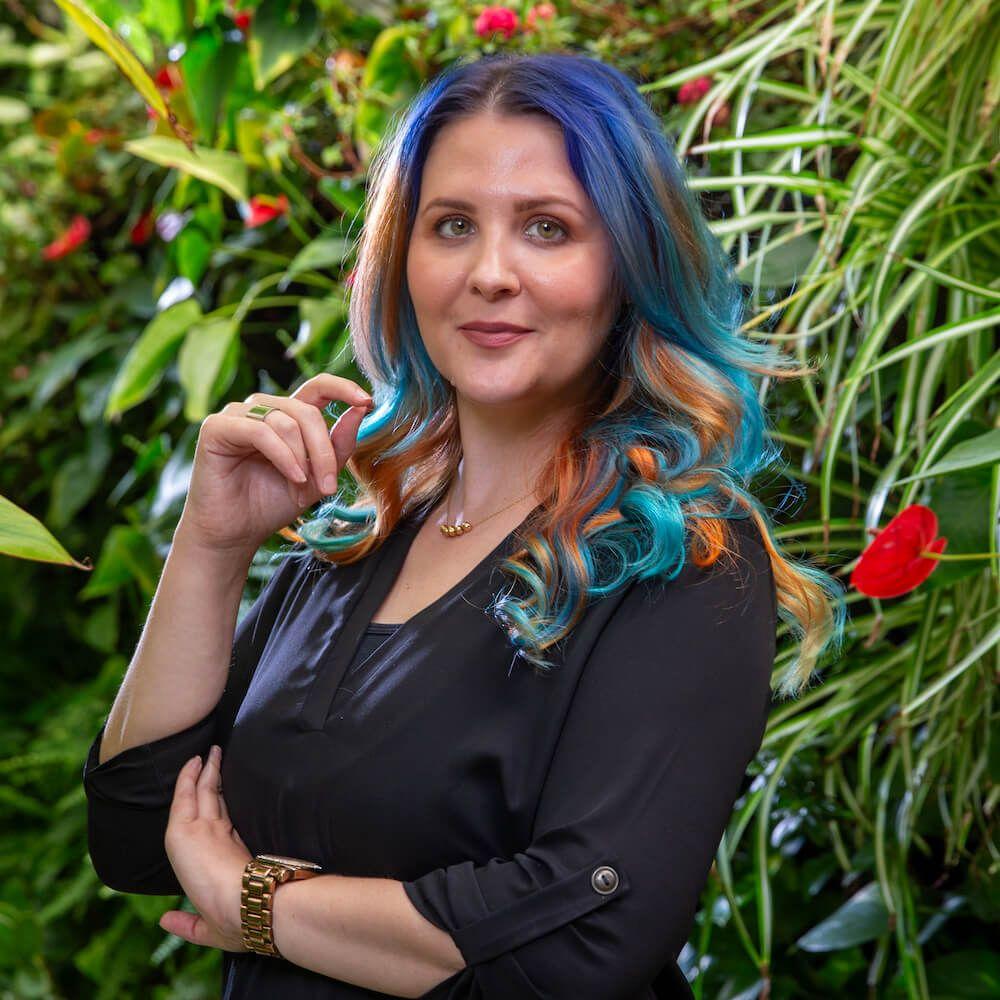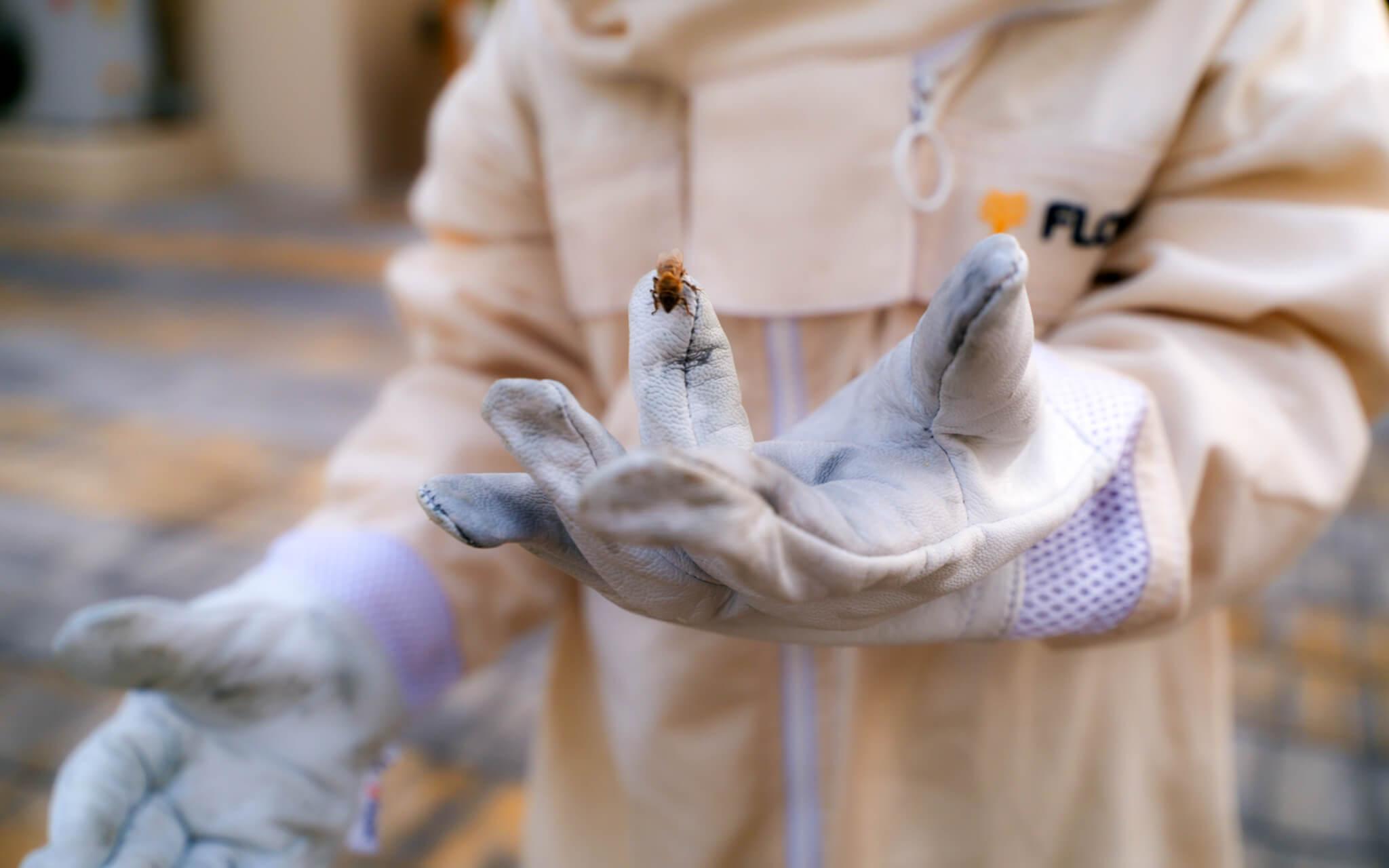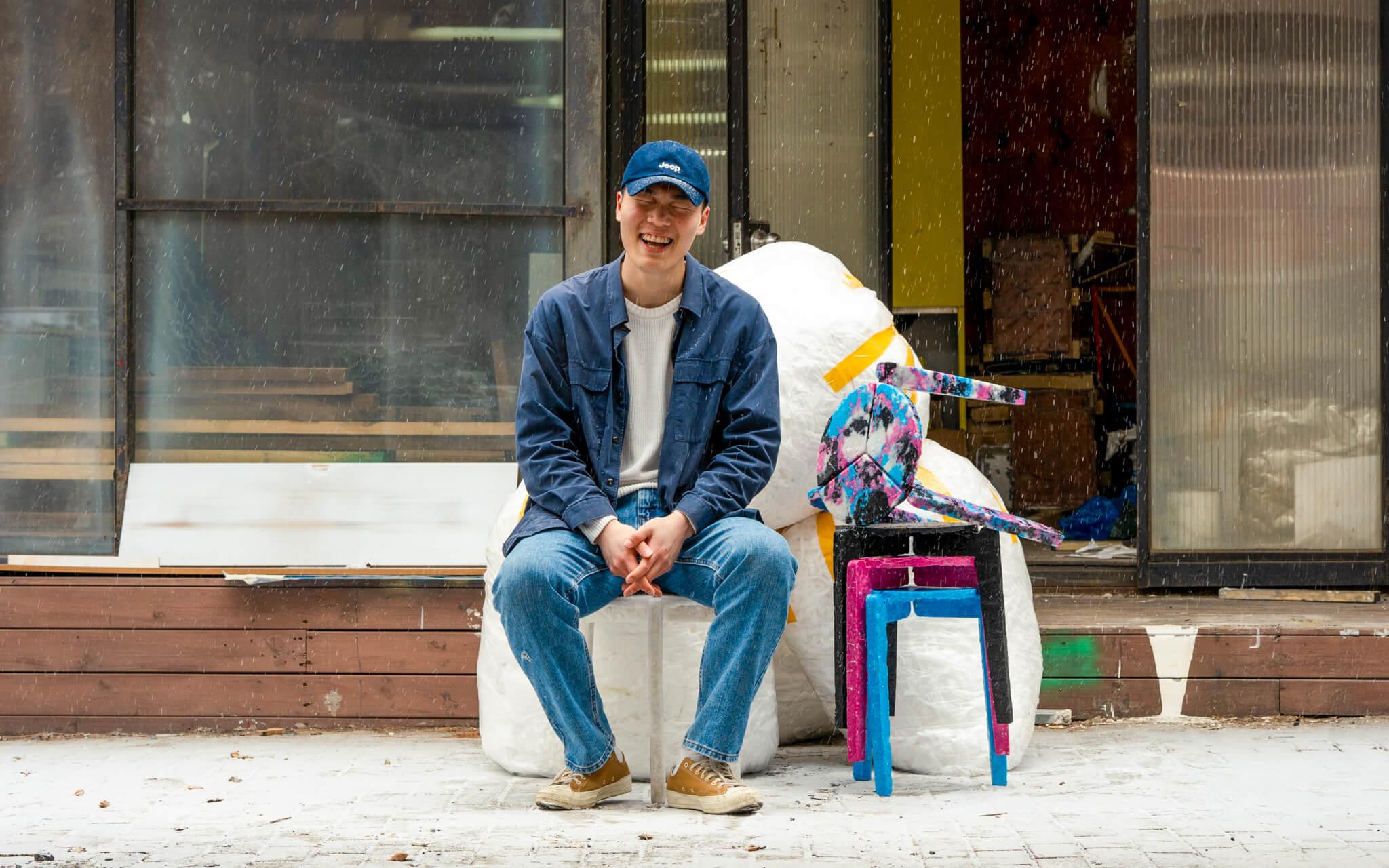The Finnish Grannies Fighting for the Climate
The AktivistiMummot (activist grannies) are on a mission to save the planet for their grandchildren. Committed and capable, these insightful women host workshops, save forests, and wrangle errant politicians in their quest to save the climate.
“Nobody would say a bad word about a mumu because a mumu is the one who takes the baby on her lap and bakes cakes and reads stories,” Helena Kääriäinen says.
In Finland, ‘mummo’ means grandma. Helena is a Finnish ‘mummo’ and one of the founding members of Aktivisti Mummot (or the activist grandmothers), a collective of retired women devoted to climate action.
“I think that name was a clever invention when we started,” she continues, “because, in the former Twitter, where you very often got ugly comments, we never had any because who could say bad words to a grandma?” Who indeed? Especially a grandma who is as erudite and dedicated as Helena.


Straightforward and intelligent, Helena is resolute during our interview. Her activism, dedicated to creating a better world for young people, is imbued with empathy.
“Our generation has been very happy,” she says. “We were born after the war, and life was better every year: the school and healthcare systems developed to be very good in Finland. We feel that we owe something because we've been, in a way, very lucky. And when I was a student, I wasn't worried. And today, we all are worried about the climate–we have so much we need to do for young people.”
AktivistiMummot hosts seminars and workshops for the public, educating community members on conscious consumerism, environmental awareness, and the crucial intersection of climate and health. As a retired physician, Helena is deeply concerned about the impacts of microplastics and pollution; “practically everything that you do to improve climate also improves health,” she says. “Well, except the refrigerator,” Helena jokes. “It's good for our health, but it's not good for the environment that everybody has a refrigerator.”


And while community engagement is crucial for sustainable climate action, the AktivistiMummot have mobilised their feelings of duty into wrangling errant politicians as well. “We recently sent open letters to the Ministers of Environmental Issues, Education, Social Affairs, and Health to ask them why they’ve been so passive about the climate crisis,” she says sternly. “We’ll remind them of their promises and see how they reply!”
With her cofounders and fellow grandmothers, AktivistiMummot has grown to a community coalition of over 7,000 people. “We were deeply worried about what happens to the world where our grandchildren have to live. Older teenage grandchildren are depressed or worried or anxious about the future and feel that nobody's doing anything,” Helena says, describing the conditions that gave rise to their organisation.
“We decided to try to do something about the climate and environment, but we are trying to do it in a way that stresses the hope,” she says.
We were deeply worried about what happens to the world where our grandchildren have to live. Older teenage grandchildren are depressed or worried or anxious about the future and feel that nobody's doing anything.
AktivistiMummot has no formal membership, but its outreach has impacted hundreds, from online discussions to local initiatives and campaigns. Educated, retired professionals who wanted to use their skills for the betterment of the planet have joined, bringing with them decades of experience. “Now, we have specialists in forestry and coastal problems, media professionals and physicians, and a child psychiatrist who has tried to find ways to alleviate the anxiety of the young ones.”
Part of relying on the wisdom of earlier generations means taking inspiration from earlier models of consumption. Helena shakes her head, “Back then, we didn't have the word ‘consumer.’”


While Helena is quick to acknowledge that not everything was better in the 1970s (she’s realistic, not nostalgic), she believes that the intense pressure to consume in modern society has caused an overwhelming amount of waste and pollution. “We talk about moderation because if we in the Western world lived as we did in 1970, then that would be enough to make a difference,” she says.
And with all the stern corrections of a grandma, Helena has some thoughts on current affairs. “Politicians are thinking about the next elections. Earlier this year, the government actually made gasoline cheaper because of their voters,” she scoffs, “which is, of course, idiotic.”
Agreed.


When I ask about her first awareness of environmental changes, Helena pauses before responding. “Twenty years ago,” she says.
“We had a summer house on an island on the Baltic Sea. Before, the sea was beautiful and clean, and we could swim and go to the shore in the evening and wash our teeth in the seawater. However, for the past 20 years, it's been polluted, and there are weeks when there's so much algae that it's not possible to swim. You have to be very careful with dogs because if a dog drinks water, it may even be lethal. And in the best holiday time in the middle of Summer, it's always about two weeks that you just cannot swim,” she says sadly.
“And sometimes, when I look at the green sea instead of a blue sea, I feel this is a sin. To me, this is what sin means.”
The world needs a few more grannies on our side, holding leaders accountable for their environmental decisions because, really, who can say no to a grandmother?
Most Popular
The Climate Tribe delivers stories about Biodiversity and Conservation, Circular Economy, Food and Water , and how they intersect with climate.
Subscribe
Get the latest stories inspiring climate action around the globe straight to your inbox.






